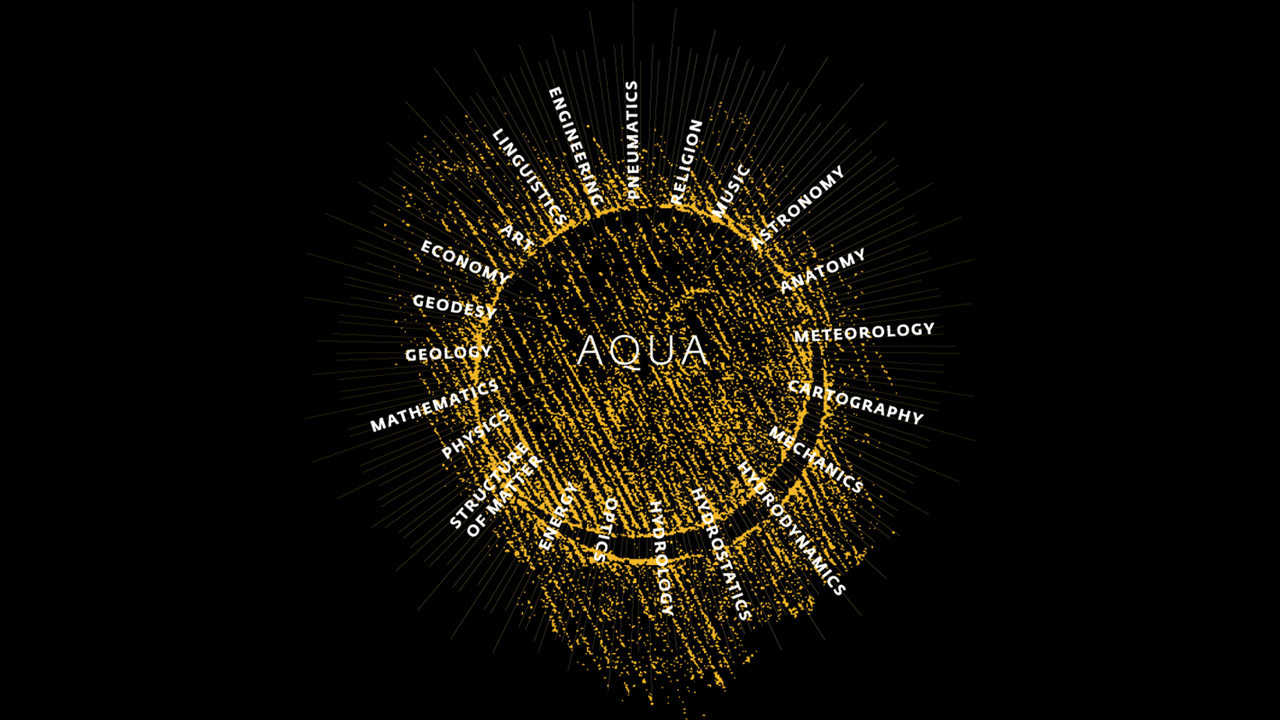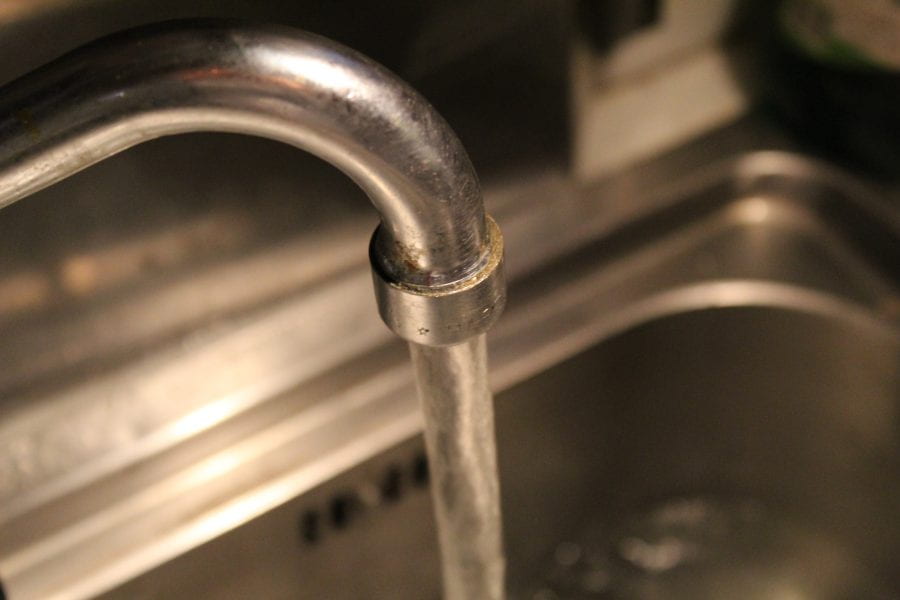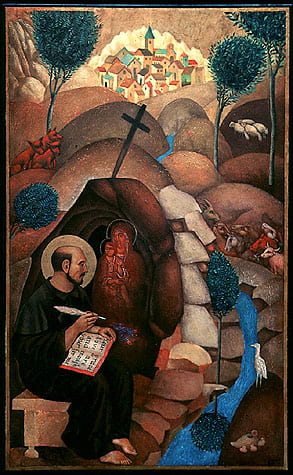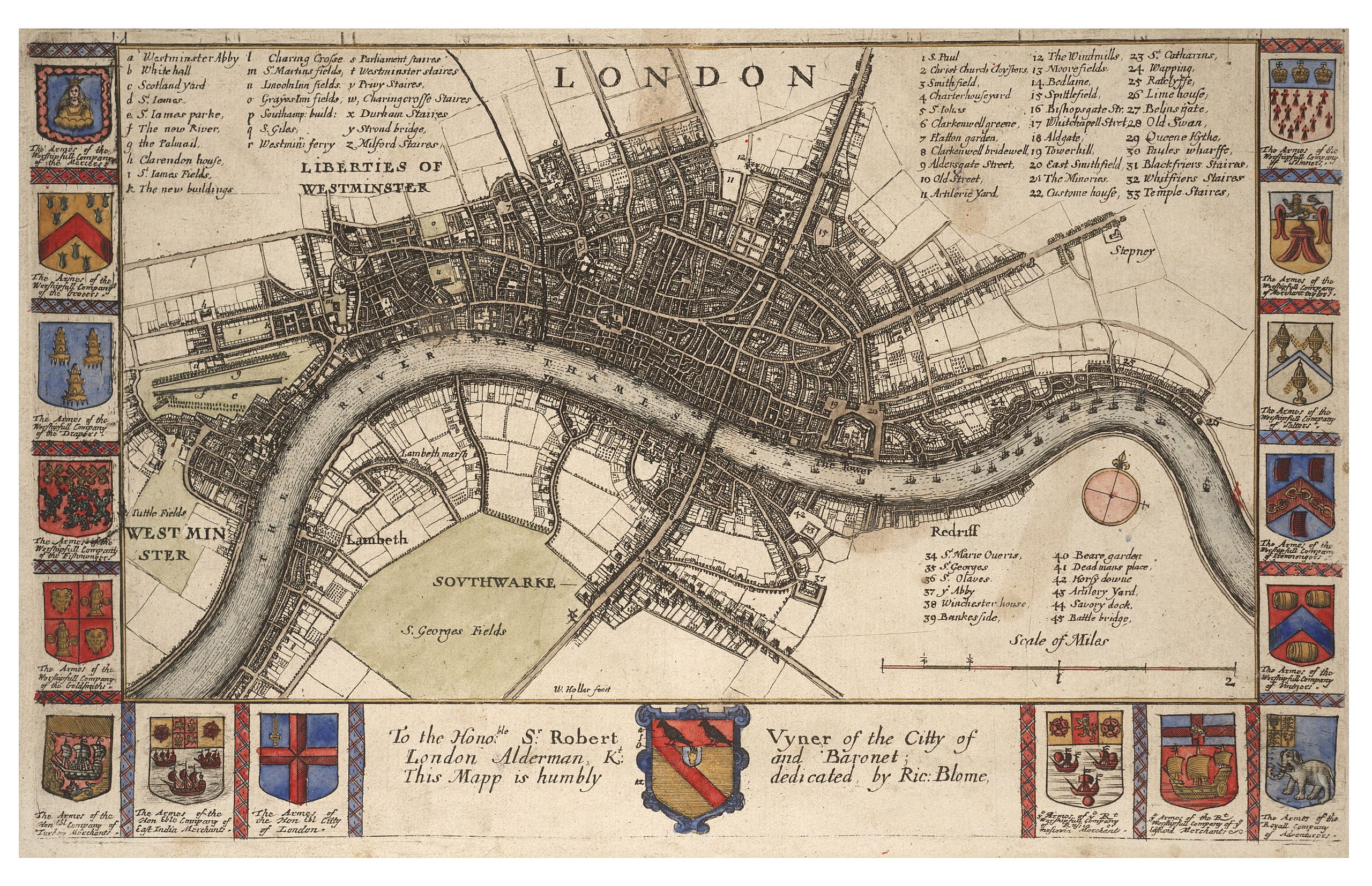Tag History of Science
By contributing editor Luna Sarti This year several events will take place across the world to celebrate Leonardo da Vinci on the occasion of the 500th anniversary of his death. In Florence, where Leonardo lived and worked for several years,… Continue Reading →
By Guest Contributor Molly Nebiolo The roots of contemporary botany have been traced back to the botanical systems laid out by Linnaeus in the eighteenth century. Yet going back in further in time reveals some of the key figures who… Continue Reading →
By Contributing Editor Nuala F. Caomhánach The tale about gag knuckles, taz-two, hairpin, ribbons, and treble clef is quite elusive. Although they sound more like nicknames of a 1920’s bootlegging gang (at least to me) they are the formal… Continue Reading →
By contributing writer Joseph Satish V Only a month after India gained independence from the British in 1947, the Indian botanist Debabrata Chatterjee wrote of his hope that in the new India the Government will… effect among other things the… Continue Reading →
By Guest Contributor Alison McManus Princeton’s History of Science Colloquium series recently welcomed Jutta Schickore, professor of History and Philosophy of Science at Indiana University, to present a talk titled, “Contributions to a History of Experimental Controls.” In addition to… Continue Reading →
By Contributing Editor Nuala F. Caomhánach Kimberly A. Hamlin. From Eve to Evolution: Darwin, Science, and Women’s Rights in Gilded Age America. Chicago and London: The University of Chicago Press, 2014. Erika Lorraine Milam. Looking for a Few Good Males:… Continue Reading →
By Editor Spencer J. Weinreich It is seldom recalled that there were several “Great Plagues of London.” In scholarship and popular parlance alike, only the devastating epidemic of bubonic plague that struck the city in 1665 and lasted the better… Continue Reading →
By guest contributor Nuala F. Caomhánach In his A Final Story: Science, Myth, and Beginnings (2017), Nasser Zakariya pries open a Latourian black box to reveal how natural philosophers and later scientists constructed “scientific epics” using four possible “genres of… Continue Reading →
By Contributing Writer Sarah Pickman In 1848 Peter Halkett, a lieutenant in the British Royal Navy, published his designs for a most curious invention. Halkett was interested in the numerous exploratory expeditions the Navy had sent to the Canadian Arctic… Continue Reading →






